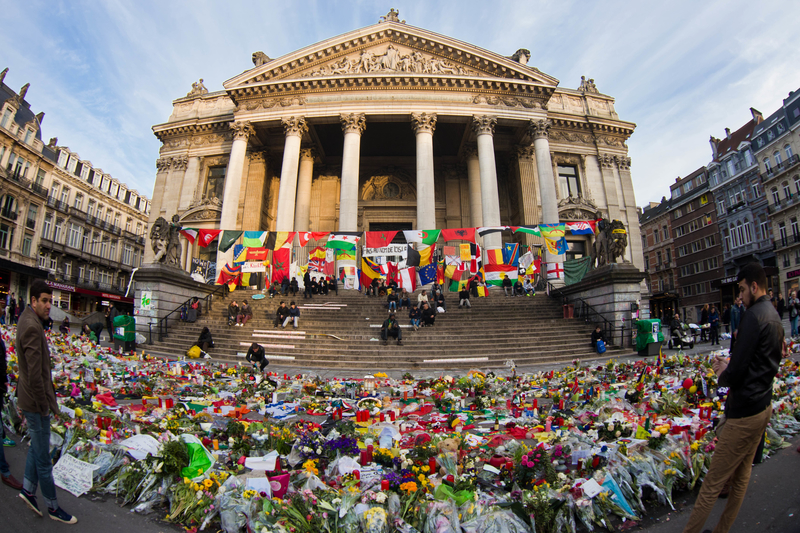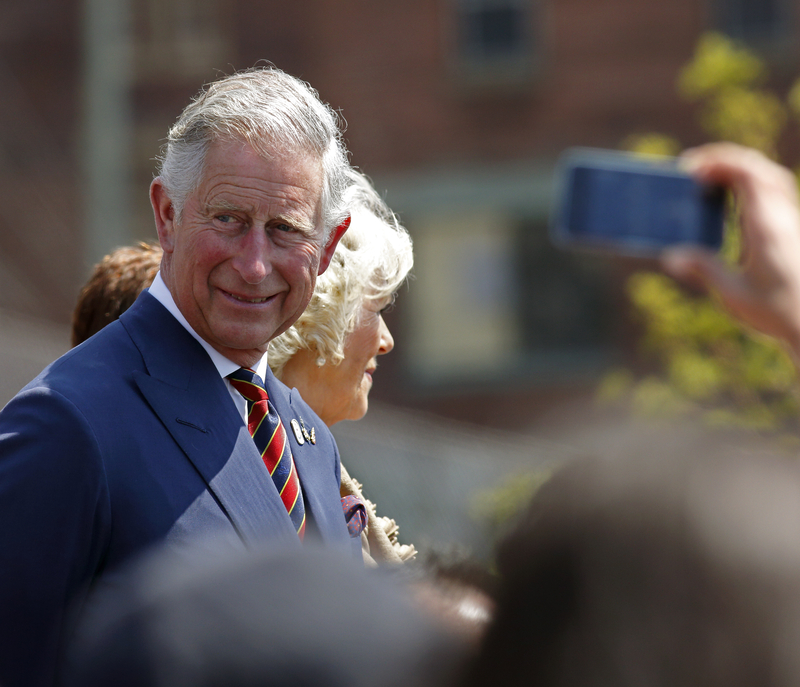At about 7:00 am local time Tuesday morning, terrorists carried out attacks in Belgium’s capital city of Brussels. The attacks happened at two locations — Zaventem Airport and Maelbeek Station, a key stop on Brussels’ subway system. Both places were crowded with people travelling to work and flying out of the city. 11 people were killed at Zaventem and 20 more people died at Maelbeek.
The terrorists used guns and bombs to carry out their attacks. The Islamic State, or ISIS, claimed responsibility. Claiming responsibility is commonly done after a terrorist attack, because the purpose of terrorism is to send a message about a cause or issue. In this case, ISIS countries want places like Europe and North America — which are mostly democratic nations — to know that they oppose their way of life. ISIS instead prefers Sharia Law, a type of government and law based on an extremist version of Islam. (Extremism is a viewpoint that doesn’t accept other versions of something. It can exist in any religion or political idea.)
The attacks were carried out at almost the exact same time. This sent Brussels into panic and confusion, shutting down both the airport and subway systems. At this time, leaders from around the world — including countries such as France, the United States, and Canada — have condemned the attacks and offered support to Belgium. Belgian Prime Minister Charles Michel gave a statement of defiance, saying, "This is a day of tragedy, a black day... I would like to call on everyone to show calmness and solidarity".
PRIMER: Why Brussels? Why Belgium?
Belgium is a small country, next to France, Germany, and the Netherlands. It might seem like a strange place for a terrorist attack. It’s not a big power in the fight against ISIS, like France or the United States. In fact, in July of 2015, Belgium even stopped sending bomber planes to Syria (where part of ISIS is based) to attack ISIS targets.
But sadly, this country is also home to many extremist Muslims or jihadists. These are particular Muslims who have a very strong belief that there is only way correct way in which to interpret their religion, Islam, and who feel compelled to use violence to protect and enforce that belief. (Though jihadists are a very serious problem in the world today, extremists can be found in all religions and political beliefs, not just Islam.)
Counter-terrorism authorities (people whose job it is to investigate and understand terrorists so that they hopefully can be stopped before attacks occur) have even discovered one neighbourhood in Brussels where jihadists are found in great numbers. It is called Molenbeek. Molenbeek is a problem for counter-terrorism because many in the Muslim population shelter jihadists from authorities. Even though countries like the United States and Britain do still experience terrorist attacks, many plots in these countries are stopped because authorities work closely with local Muslim leaders (who do not want such extremism as a part of Islam) to spot trouble.
Did a big arrest lead to a big attack?
You may remember the terrorist attacks that happened in Paris last November 13th. On last Friday, March 18th, Belgian police arrested Salah Abdeslam, a suspect who is believed to have organized and carried out the Paris attack. He was arrested in Molenbeek. Authorities were excited and relieved to make the arrest, but some experts believe that the Brussels attack might be revenge for the capture of Mr. Abdeslam. Either way, Belgium has become a very important place to watch for those who try to fight terrorism around the world.
 Memorials left to commemorate those who died in the attacks on Brussels. (© Cristi_m | Dreamstime.com)
Memorials left to commemorate those who died in the attacks on Brussels. (© Cristi_m | Dreamstime.com)










Moment of Silence for Brussels
Peace Hope Love
?????????????????????????????????????????????????????????????????????????????????????????????????????????????????????????????????????????????????????????????????
How did you get those flags?
They are in Apple emoji keyboards
Lilah❤️
Sad